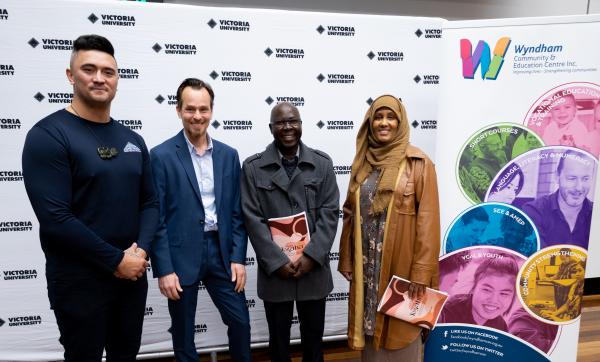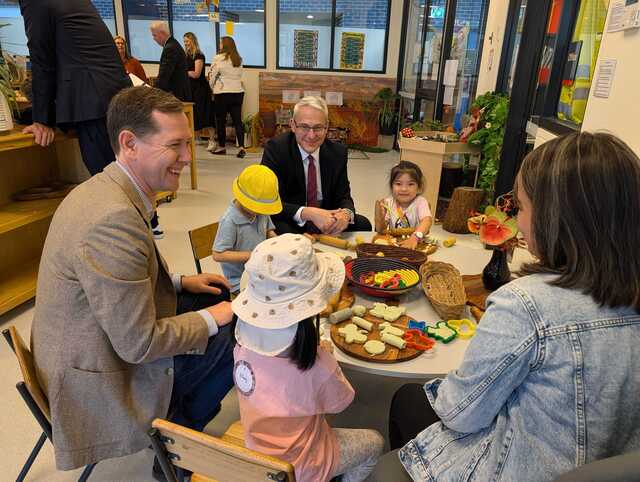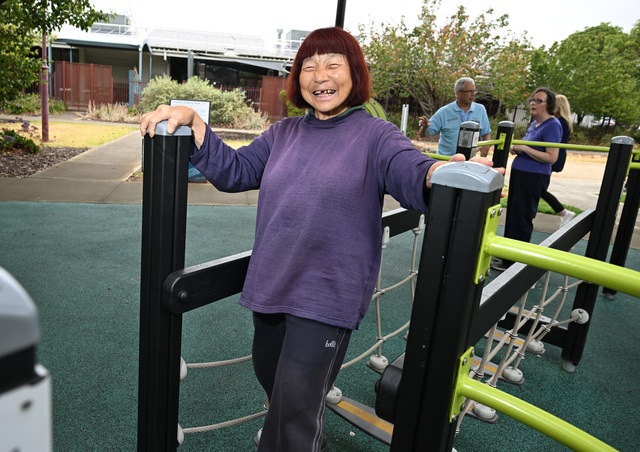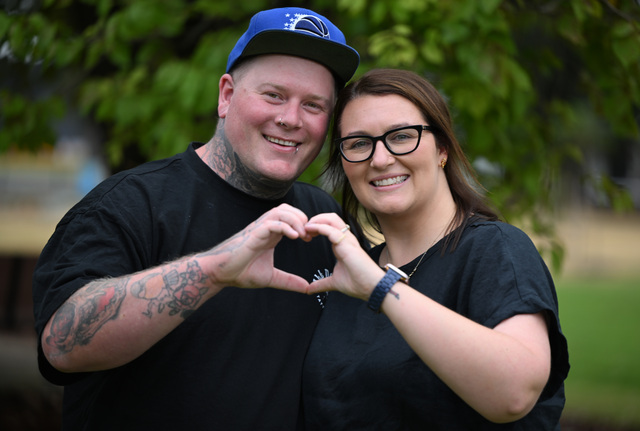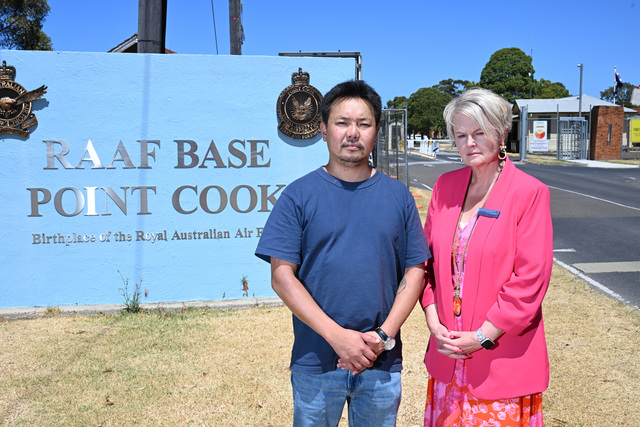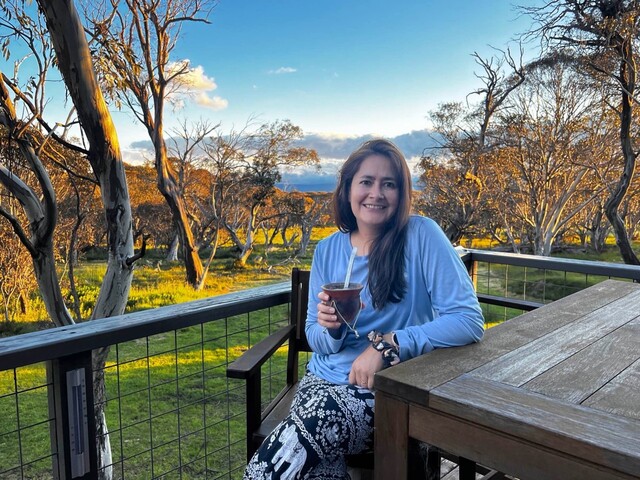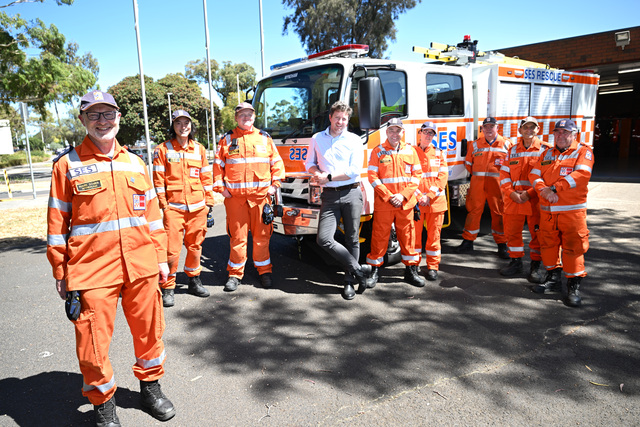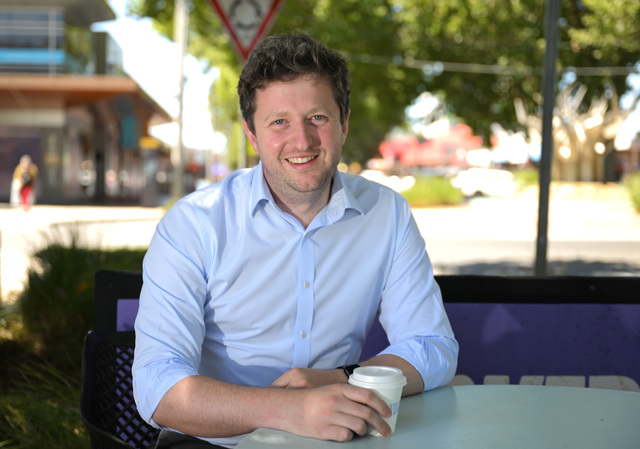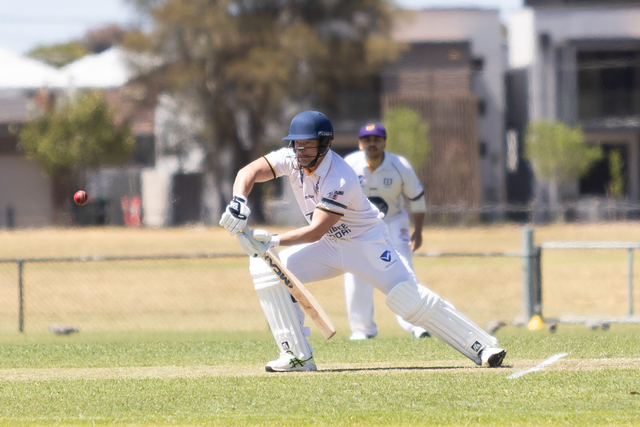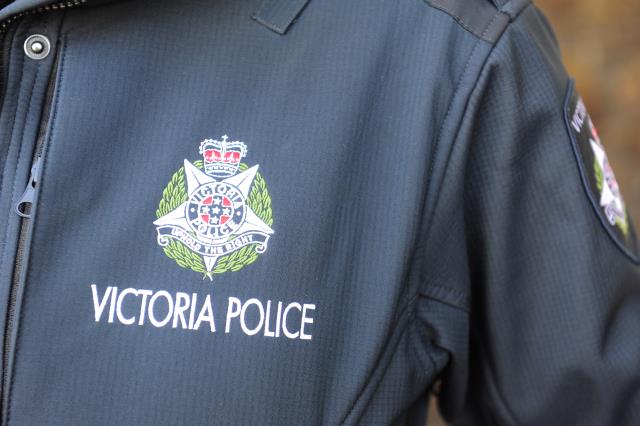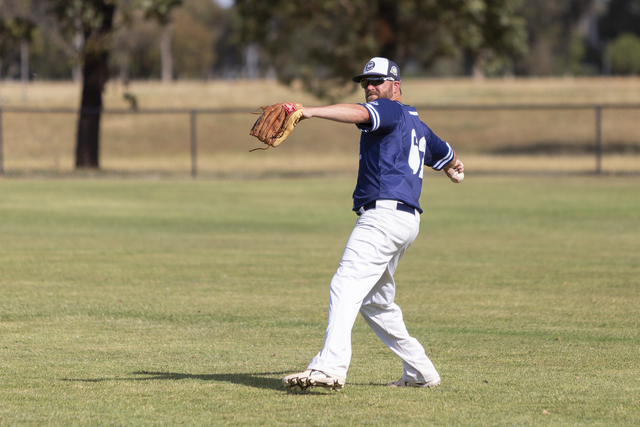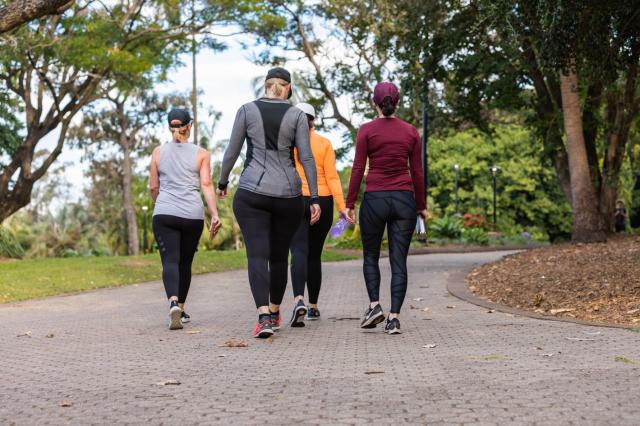A local network, believed to the first of its kind in Australia, will be set up in Wyndham to assist people who experience racism.
The news was announced on Monday, at the launch of a report into residents’ experiences of racism.
The report was conducted by Victoria University (VU) and Wyndham council, with support from the Scanlon Foundation.
Between late 2019 and early 2021, VU researchers Dr Mario Peucker, associate professor Tom Clark and Holly Claridge conducted a community survey, focus groups and community consultations in Wyndham.
They spoke to around 200 people from different cultures and religions including Indian, Māori and Pasifika, South Sudanese, Muslim, as well as recent arrivals to Australia and multicultural youth.
Dr Peucker said Wyndham was not selected for the study because it was perceived as more racist than other municipalities, but because of its cultural diversity with almost 42 per cent of residents born overseas.
The report found that almost two-thirds of study participants or their families had experienced racism in the previous 12 months.
Of those who had experienced racism, only 13 per cent reported the incident to an organisation or community group.
Dr Peucker said that for many people, racism “gets normalised” because they experience it so often.
The most common experiences of racism study participants reported were personal feelings of being unwelcome or looked down upon (70 per cent), followed by racist verbal abuse and/or insults (68 per cent).
Fifty-four per cent of participants said they experienced racism at shopping centres, 49 per cent on public transport and 47 per cent in other public spaces like parks and streets.
Dr Peucker said the ultimate aim of the study was to set up a system – named the Wyndham Roadmap – where people who have experienced racism felt free to come forward.
The report said that Victoria University and Wyndham Community and Education Centre (WCEC) have already started work to launch the network.
The Wyndham Roadmap will consist of a three-tiered anti-racism support network, with a central co-coordinating centre, specialised support services and first-contact organisations.
VU and WCEC will collaborate with community groups to set up the roadmap, which will include people who are trained to support and refer those who report racism to other organisations, such as human rights groups.
“I think we have to take all forms of racism seriously,” Dr Peucker said.
“The important thing is not just to encourage people to come forward, but to set up a system that has something to offer support and that support that is tailored to the needs of the local community.”

